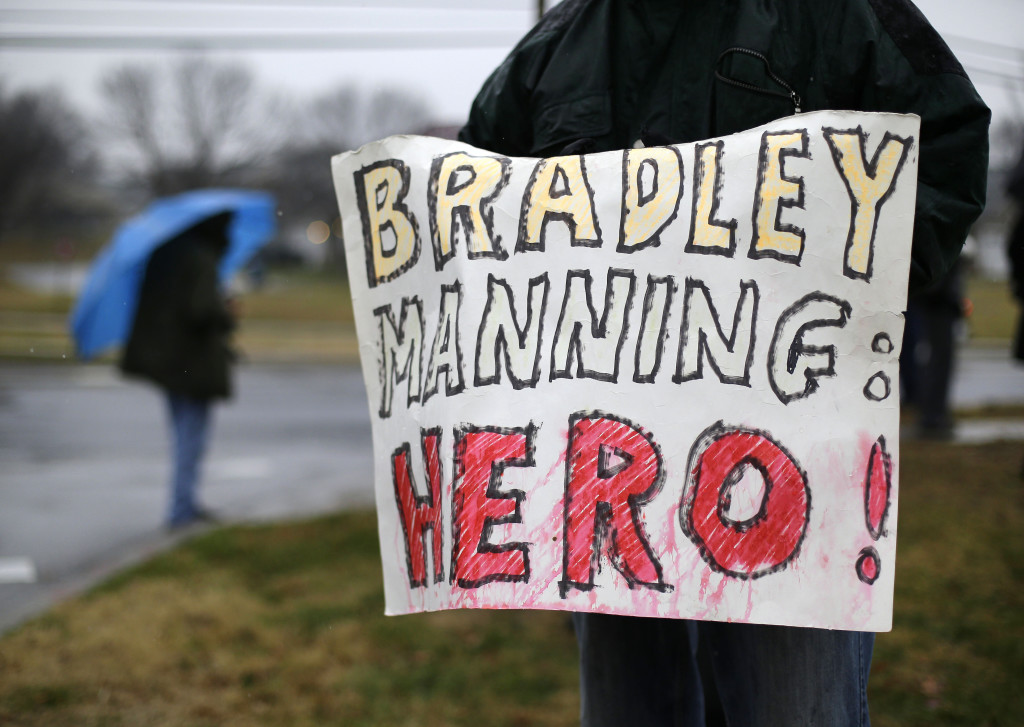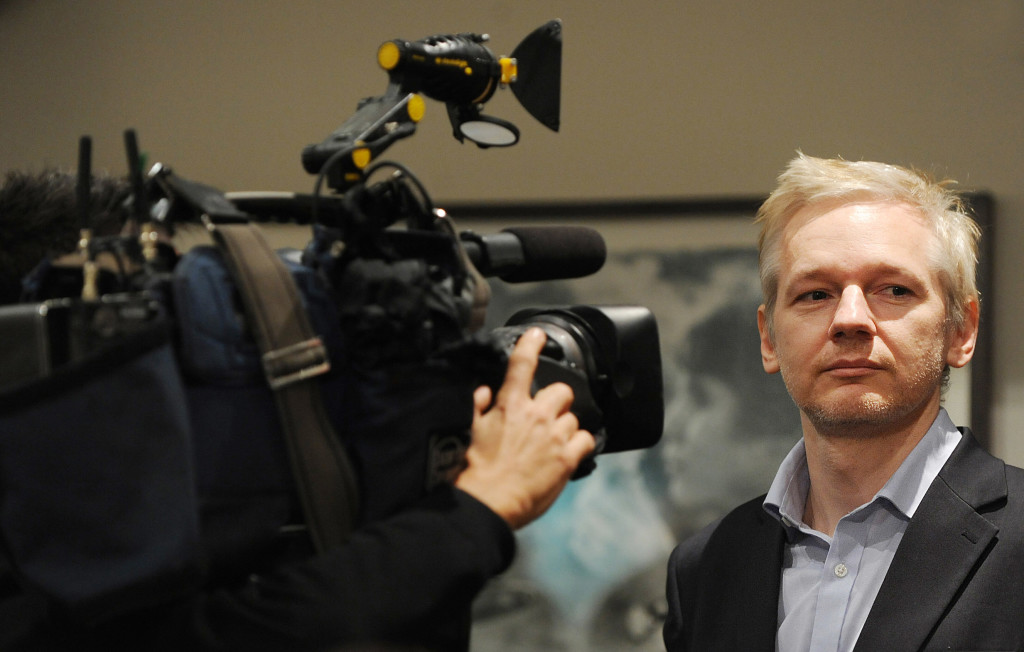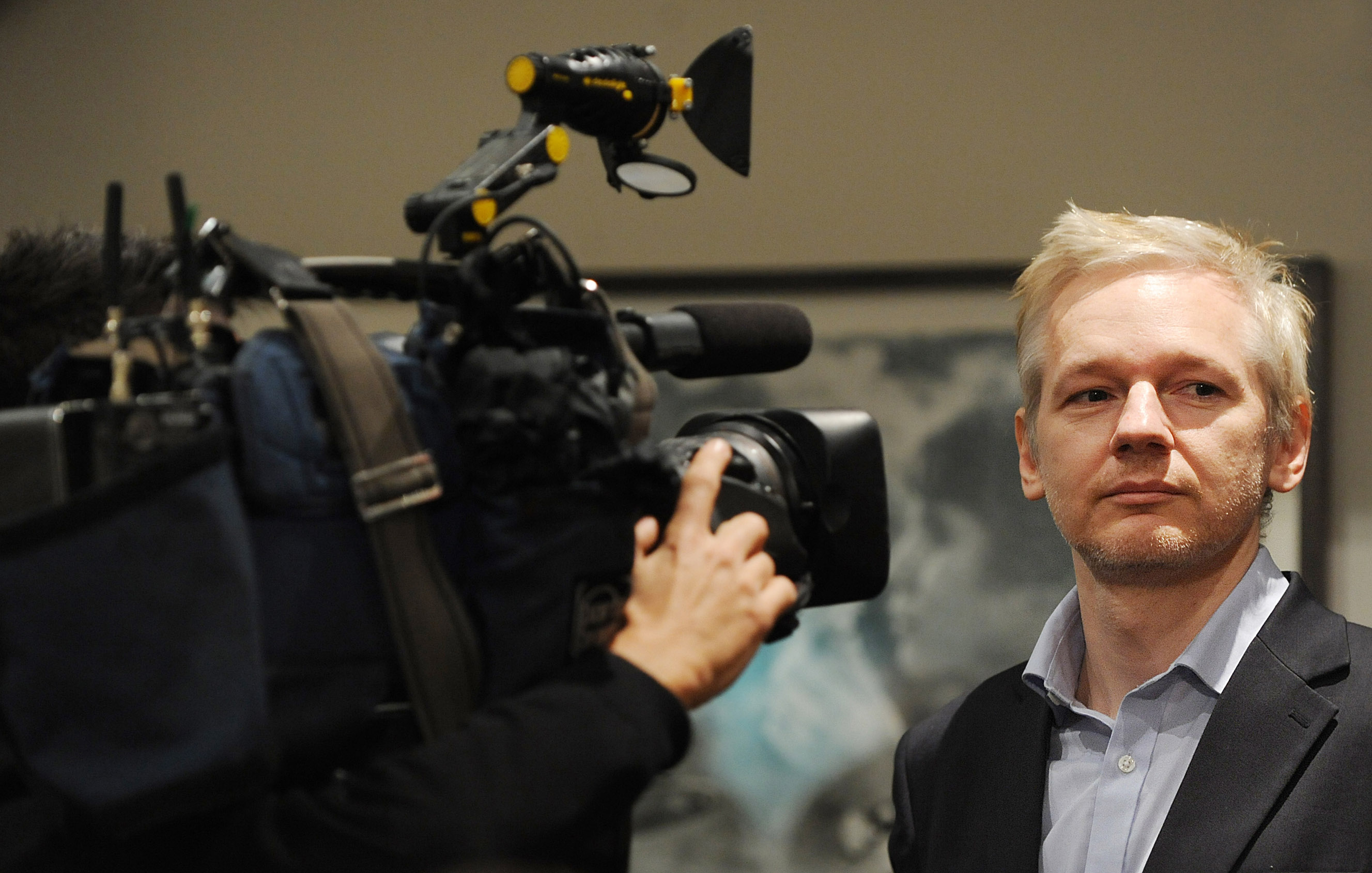Hearing Focuses on Conditions of Alleged WikiLeaks Suspect’s Detention

November 27, 2012
Share
FORT MEADE, MD — Lawyers for Bradley Manning, the Army private facing court-martial for allegedly providing thousands of classified documents to WikiLeaks, began to make their case in a pre-trial hearing today that his treatment in military prisons constituted “illegal pre-trial punishment.” They are seeking to have all charges dismissed; the judge also has the option to reduce Manning’s ultimate sentence due to his alleged mistreatment in custody.
David Coombs, Manning’s civilian attorney, spent more than three hours grilling the retired Marine Corps colonel who was in charge of the brig in Quantico, Va., where Manning was housed for about the first year of his confinement. During that time, Manning was kept in solitary confinement for more than 23 hours a day.
Marine Corps Col. Daniel Choike testified that Manning was in “MAX,” or “Maximum Custody,” which is generally reserved for prisoners who are dangerous, violent, or pose an escape risk. Under Coombs’ questioning Col. Choike admitted that Manning did not match those criteria as a prisoner, but said the seriousness of the charges against him justified the MAX status. The brig also deemed Manning a suicide risk, and put him on a “prevention of injury” watch, under which he was forced to wear a “suicide smock” — which has a rough, stiff cover that can’t be torn or used to injure oneself — and not allowed to wear underwear. His lawyers say Manning was forced to submit to naked inspections, but Col. Choike disputed that charge today, saying that Manning chose to be naked.
Manning’s lawyers suggested that the military authorities were not seeking to protect Manning from himself, but were using these rules and classifications to punish the accused soldier, which would be against military law. Coombs noted inconsistencies between Col. Choike’s testimony and emails between Choike and other military officials, but no direct evidence that the authorities were seeking to punish Manning. In fact, today’s testimony revealed a degree of nervousness around prisoner suicide at Quantico, as an inmate had killed himself the year before Manning’s arrival.
Tomorrow the court will hear from other officers who were in charge of Manning’s detention at Quantico and Fort Leavenworth, Kan., where he was transferred in April 2011. The defense will also provide medical testimony from mental health experts to support their charge that Manning’s treatment was unjustified. But the main event this week will be the testimony of Private Manning himself, who will have the chance to tell the court and the world the story of his treatment in his own words.
But the main event this week will be the testimony of Private Manning himself, who in the coming days is expected to have the chance to tell the court — and the world — the story of his treatment in his own words.
Related Documentaries
Latest Documentaries
Related Stories
Related Stories
Explore
Policies
Teacher Center
Funding for FRONTLINE is provided through the support of PBS viewers and by the Corporation for Public Broadcasting, with major support from Ford Foundation. Additional funding is provided the Abrams Foundation, Park Foundation, John D. and Catherine T. MacArthur Foundation, Heising-Simons Foundation, and the FRONTLINE Trust, with major support from Jon and Jo Ann Hagler on behalf of the Jon L. Hagler Foundation, and additional support from Koo and Patricia Yuen. FRONTLINE is a registered trademark of WGBH Educational Foundation. Web Site Copyright ©1995-2025 WGBH Educational Foundation. PBS is a 501(c)(3) not-for-profit organization.





















